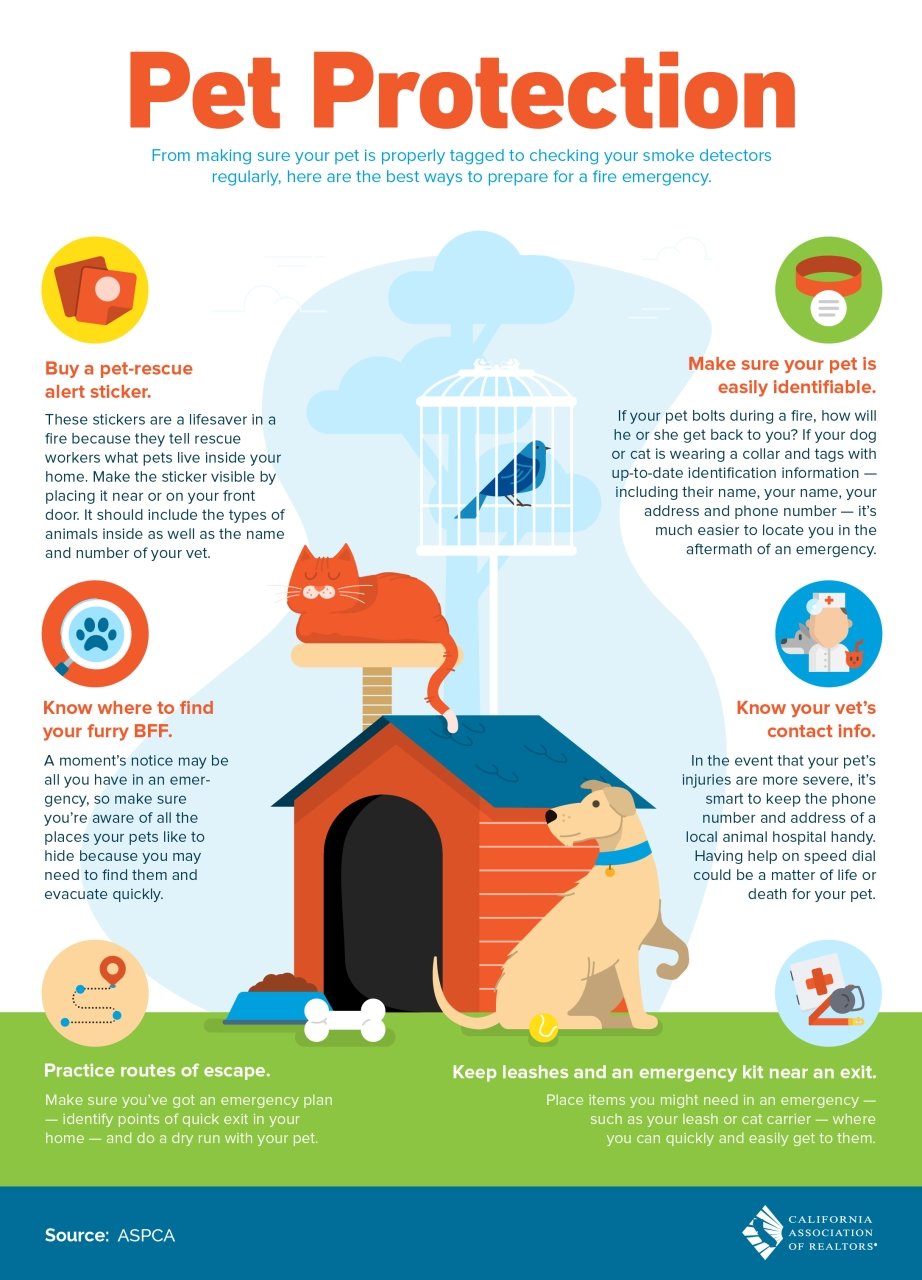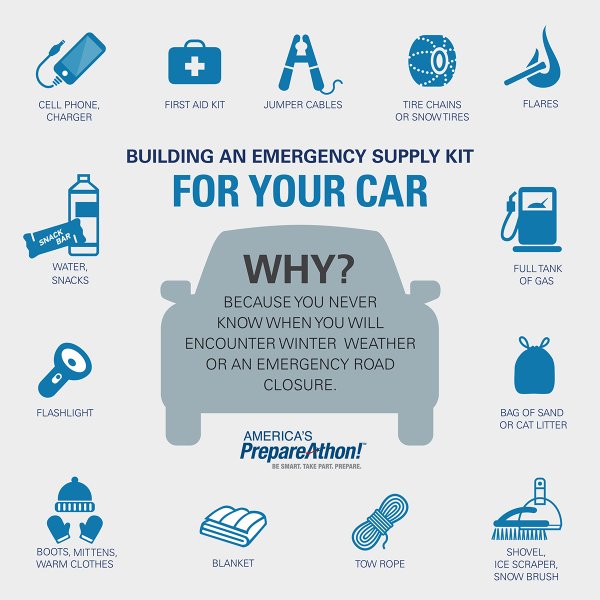2020 Preparedness Month Week 4: Personal Preparedness
National Preparedness Month is recognized each September to promote family and community disaster planning now and throughout the year. As our nation continues to respond to COVID-19, there is no better time to be involved! Visit ready.gov/september for more info.
The Medical Reserve Corps (MRC) in Region 4AB have come together to promote National Preparedness Month in our communities. Be sure to check out our weekly training opportunities and additional preparedness information to help assist you and your loved ones to be more prepared for disasters.
Week 4: Personal Preparedness
You cannot control when a disaster will strike, but you can control whether or not you are prepared to respond. Personal preparedness is not limited to having a first aid kit at home, but also being able to sustain well-being for an extended period of time. Whether it be at home or in your car, ways to sustain health include creating preparedness kits and planning for financial and medical stability. Personal preparedness is not an individual approach—it also includes your family members (furry ones included).
Virtual Training Opportunities: (RSVPs Required)
Tuesday, September 22nd, 10:00 AM
How to make an emergency plan fit for seniors in case of an adverse event(s).
RSVP: https://us02web.zoom.us/meeting/register/tZMofuyvpzIiHdWHAhX18ElpPmAsb_nAHcAq
Thursday, September 24th, 6:30 PM
Does your family have the necessary items to sustain well-being in the event of an emergency? Do you know what those items are, and how much you should have?
RSVP: https://us02web.zoom.us/meeting/register/tZMpdOirqj8pGtSI5cgf-bwgDoMpvgA93JnI
Preparedness Activity: Create Your Go Kit!
After an emergency, you may need to survive on your own for several days. Being prepared means having your own food, water and other supplies to last for several days. A disaster supplies kit is a collection of basic items your household may need in the event of an emergency.
Make sure your emergency kit is stocked with the items on the checklist below. Most of the items are inexpensive and easy to find and any one of them could save your life. Headed to the store? Download a printable version to take with you. Once you take a look at the basic items consider what unique needs your family might have, such as supplies for pets or seniors.
A basic emergency supply kit could include the following recommended items:
- Water (one gallon per person per day for at least three days, for drinking and sanitation)
- Food (at least a three-day supply of non-perishable food)
- Battery-powered or hand crank radio and a NOAA Weather Radio with tone alert
- Flashlight
- First aid kit
- Extra batteries
- Whistle (to signal for help)
- Dust mask (to help filter contaminated air)
- Plastic sheeting and duct tape (to shelter in place)
- Moist towelettes, garbage bags and plastic ties (for personal sanitation)
- Wrench or pliers (to turn off utilities)
- Manual can opener (for food)
- Local maps
- Cell phone with chargers and a backup battery
- Download the Recommended Supplies List
Visit ready.gov/kit for more details on how to assemble your Go Kit!
*The information above is provided by ready.gov



